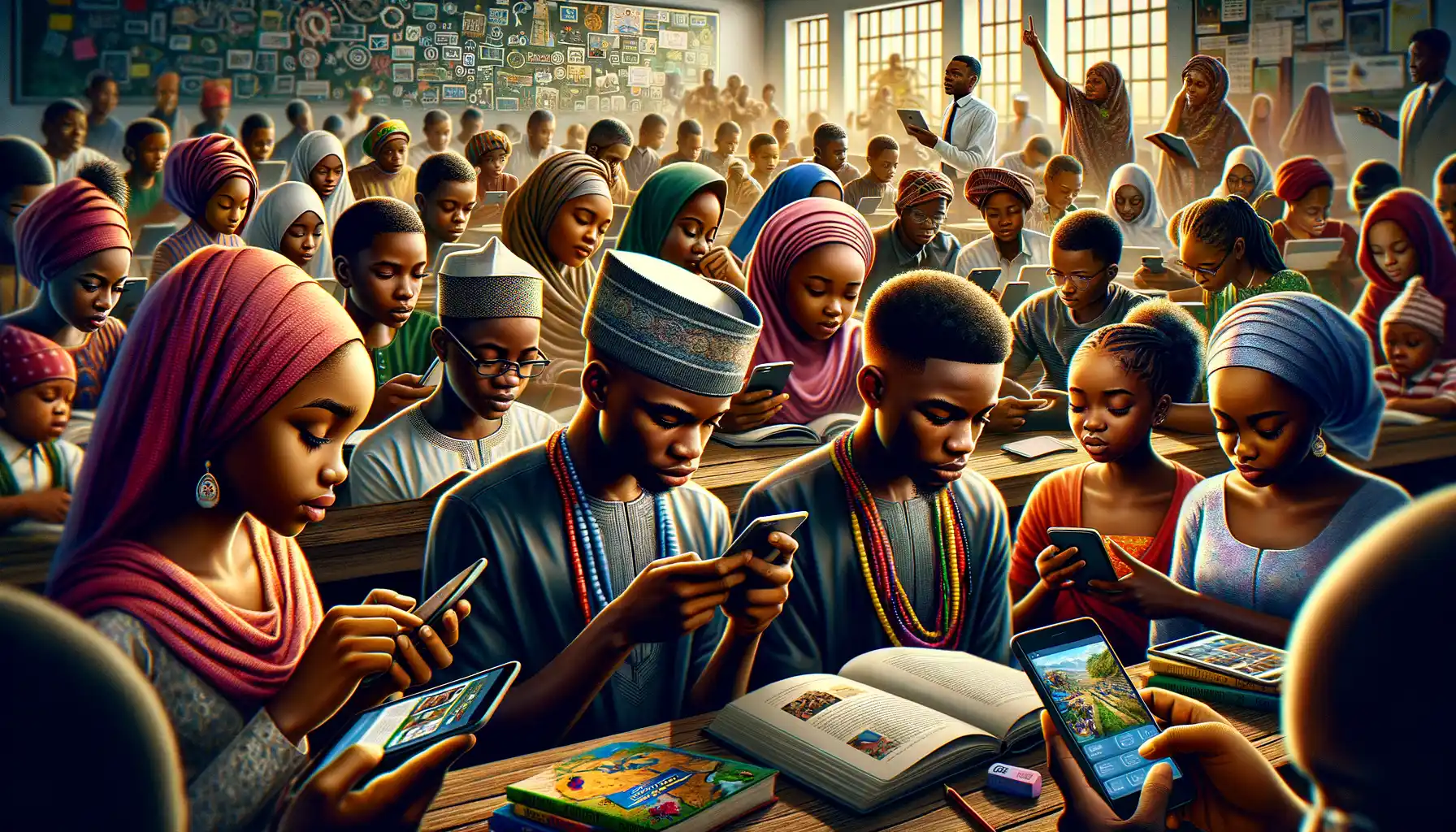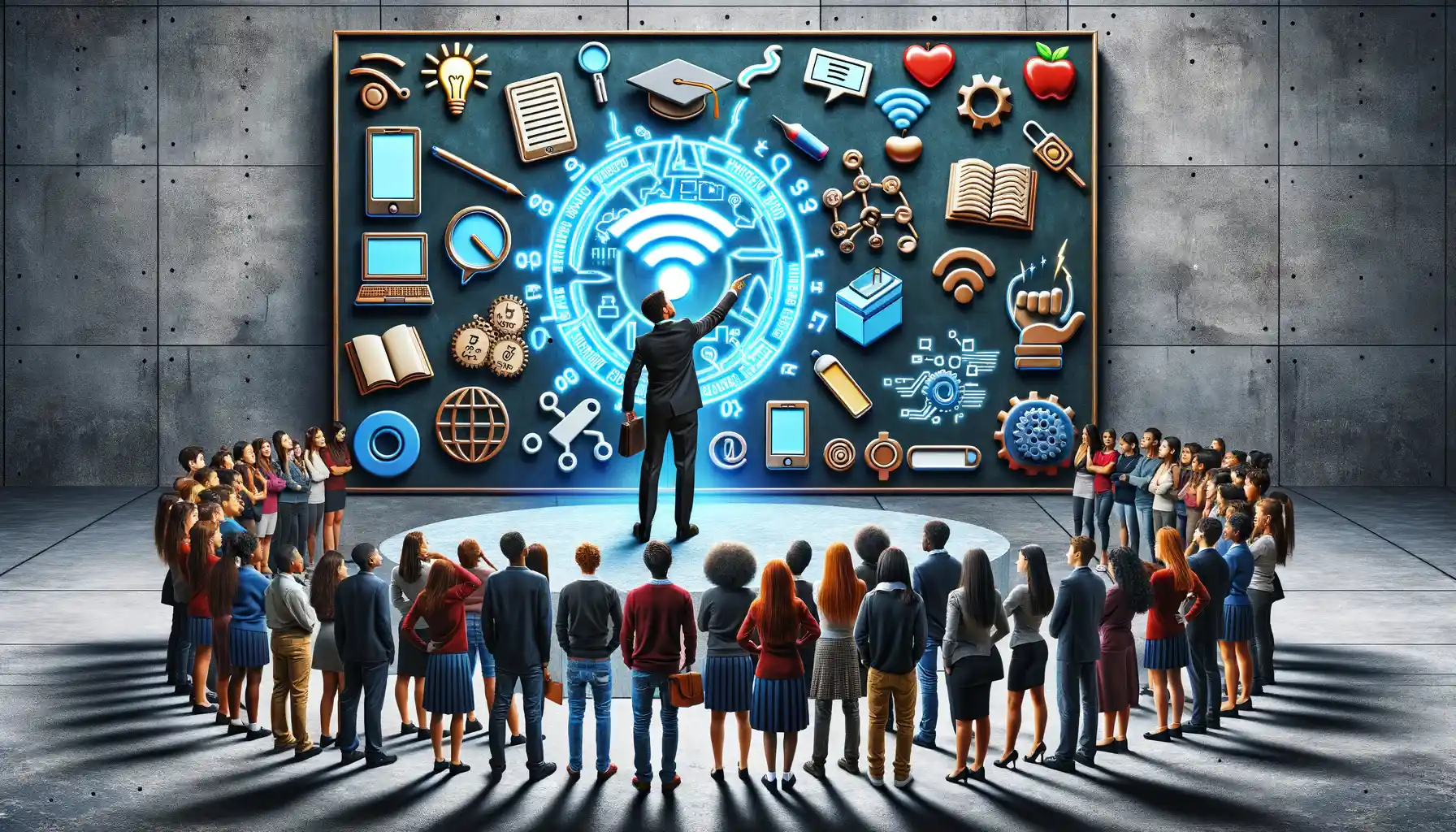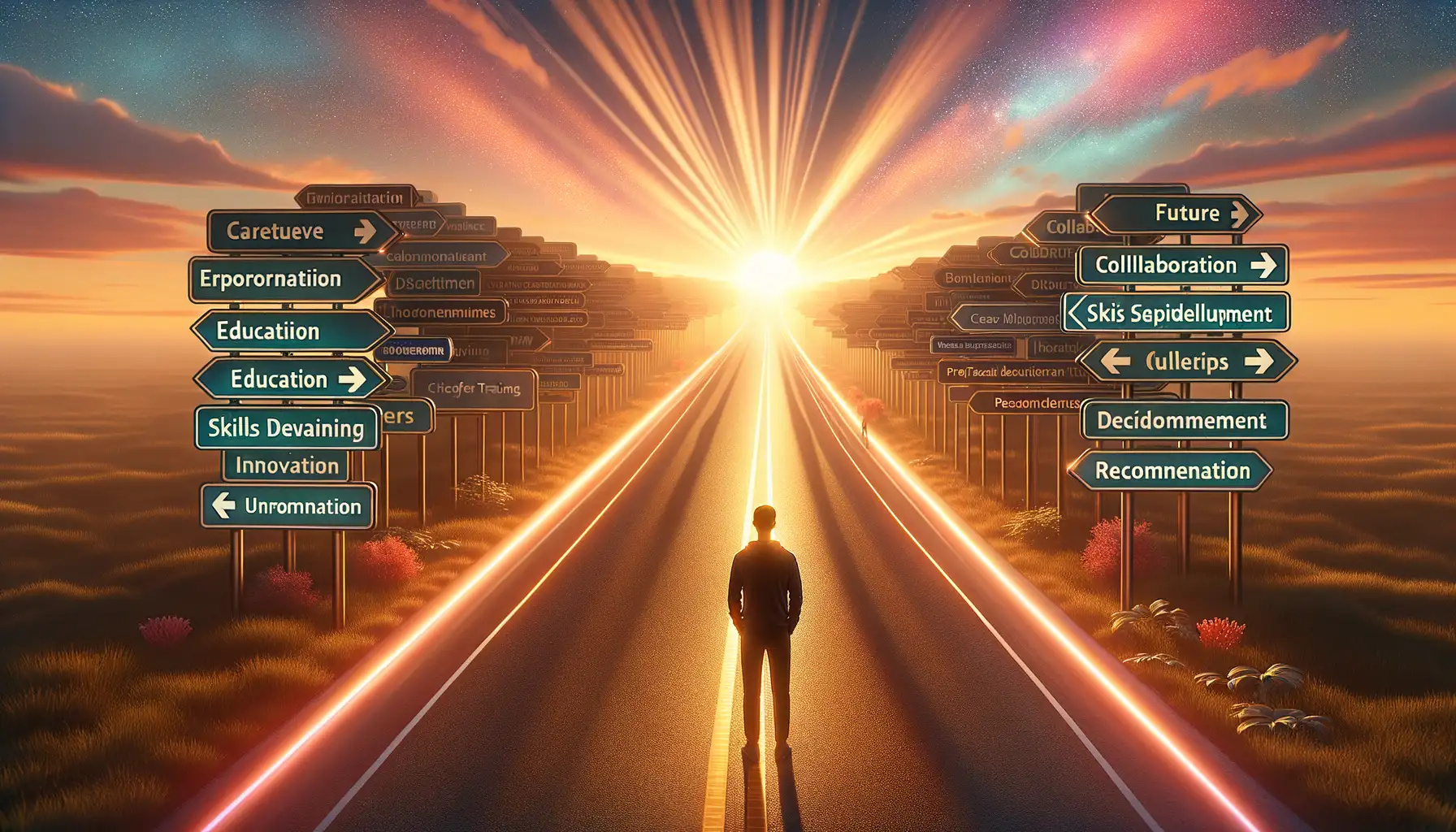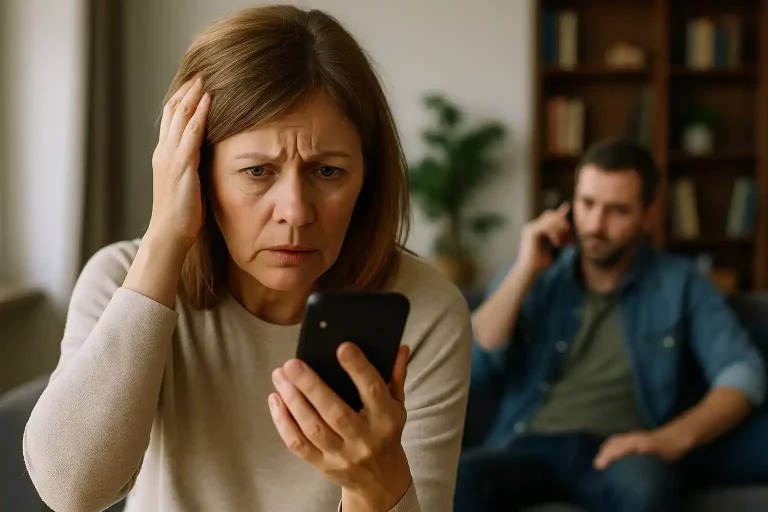Introduction to Mobile Education Tools in Nigeria
Imagine a classroom without walls, where knowledge dances right on the screen of your phone. Welcome to the world of mobile education tools in Nigeria, a revolution that’s placing the power of learning directly into the hands of young Nigerians. With just a smartphone and internet access, this innovation is shattering barriers many thought would never crumble. But what does this mean for the Nigerian youth? Let’s dive in!
Shaping Learning for a Digital Generation
Nigerian teens and young adults today are more tech-savvy than ever. They live in a world awash with smartphones, tablets, and apps. Mobile education tools embrace this reality, transforming everyday devices into gateways for knowledge. Picture an app delivering math tutorials during a lunch break or an e-book filling in as a portable library. It’s like holding a universe of possibilities in your pocket.
Here’s why mobile learning feels like a game-changer:
- Access anytime, anywhere: Whether in the bustling streets of Lagos or the remote villages of Sokoto, education is now just a click away.
- Tailored content: From agricultural studies to coding bootcamps, there’s something for everyone.
- Interactive tools: Think lively quizzes, live chats with tutors, or virtual labs that make learning endlessly engaging.
Breaking the Chains of Traditional Barriers
For years, lack of resources kept many Nigerian youths from accessing quality education. Limited schools in rural areas, expensive textbooks, overcrowded classrooms… these were the heavy chains holding progress hostage. But mobile education tools are like a key, unlocking opportunities and leveling the playing field.
Take the story of Chinaza, a 16-year-old from Enugu, who aced her WAEC exams by using free online courses while juggling farm chores. Or consider platforms like uLesson and Pass.ng, which are rewriting the script of how education happens here. This isn’t just evolution—it’s a revolution. And it’s happening in the palm of a hand.
Benefits of Mobile Education for Nigerian Youth

Unlocking Opportunities Through Mobile Learning
Imagine having a classroom in your pocket—anywhere, anytime! That’s exactly what mobile education brings to Nigerian youth. With just a smartphone and internet access, young people can tap into a treasure trove of knowledge that was once out of reach for so many. Think about it: a girl in rural Kano can learn coding through YouTube tutorials, or a boy in Lagos can perfect his English grammar while riding a bus. It’s not just learning; it’s liberation.
Mobile tools bridge the gap between urban and rural areas, offering equal opportunities to dream big. And let’s talk flexibility—traditional schooling ties you to a physical space, but mobile learning fits seamlessly into our fast-paced lives. Whether you’re hustling at your day job or helping out at home, education is now a swipe away!
Why Mobile Learning Is a Game-Changer
Here’s why it’s making waves:
- Affordability: Digital resources often cost less than textbooks or private tutors.
- Adaptability: Lessons designed for all levels—from beginner to advanced—can suit your skills.
- Endless Variety: From physics formulas to business tips, the content choices are endless.
Plus, imagine learning not only at your pace but in your preferred language or dialect. The possibilities are infinite, and perhaps the greatest benefit? Mobile education doesn’t just teach—it empowers.
Challenges in Implementing Mobile Education Tools

Infrastructure Challenges: A Road with Potholes
Picture this: a teacher in northern Nigeria trying to guide students through a mobile learning app, only for the screen to buffer endlessly because of poor internet connectivity. It’s a frustratingly common scenario. The lack of consistent access to reliable internet remains a huge pothole in the road to digital learning. And let’s not forget about electricity—because without power, even the best devices are just shiny paperweights.
Then there’s the issue of device availability. Smartphones and tablets are essential for mobile learning, yet many families can’t afford even a basic handset. How can we empower youth to learn when the tools themselves feel so out of reach?
- Low bandwidth and poor network coverage in rural areas.
- High costs of devices and internet subscriptions for families living below the poverty line.
- Frequent power outages that disrupt learning schedules.
Cultural & Practical Barriers: More Than Meets the Eye
Even with technology in hand, some hurdles are less obvious but equally challenging. For instance, in communities where traditional teaching methods are deeply ingrained, mobile education can feel like an intimidating foreign language. Convincing parents and educators to embrace these tools often takes more than just enthusiasm—it requires trust and cultural sensitivity.
Meanwhile, navigating the apps themselves can be a daunting task for first-time users. Imagine a student opening an app only to face overwhelming menus, unclear instructions, or poorly translated content. If the platform isn’t intuitive, it risks becoming just another source of frustration rather than empowerment.
Layered on top of the cultural resistance is the gender gap. Yes, gender. Many young girls are discouraged—or even actively prevented—from accessing mobile technologies due to societal norms. These invisible barriers add weight to an already complex challenge.
Successful Case Studies of Mobile Education in Nigeria

Transforming Rural Communities Through Mobile Learning
It’s amazing how a simple smartphone can open up an entire universe of possibilities. Take the story of *Raymond*, a 17-year-old boy from a remote village in Ondo State. Limited access to quality education once threatened his dreams of becoming an engineer. But through the power of mobile learning apps like U-Lesson, Raymond didn’t just catch up—he soared. With interactive videos, practice tests, and even real-time tutoring, this boy turned his tiny room into a thriving classroom. Today, he’s on his way to applying for university scholarships.
Rural areas like his—where classrooms often lack basic amenities—are now being lit up with the glow of screens that teach, inspire, and empower. Mobile education is bridging the gap, one student at a time.
Empowering Young Women with Tech-Driven Learning
Let’s talk about *Amina*, an 18-year-old from Kano who dreamed of pursuing medicine but faced constant cultural and financial barriers. Enter African Learning Academy’s mobile platform, offering courses tailored to science enthusiasts. Amina, often juggling family chores, could study on her own schedule. Step by step, she mastered chemistry formulas and biological concepts—all from a second-hand phone! Today, she’s acing her pre-med exams.
Programs like these are rewriting stories, especially for young women. And it’s not just Amina; countless others now have tools to unlock their potential.
- Mobile platforms like Pass.ng are helping students excel in national exams (WAEC, JAMB).
- Apps such as Opon Imo, a digital classroom initiative, provide textbooks and quizzes for free.
The success is palpable: real people, real results, and boundless hope for what’s next.
Future Opportunities and Recommendations

Unlocking Doors to Tomorrow’s Potential
The future of mobile education in Nigeria is bursting with promise, like a sunrise breaking over a long night. Imagine a world where every young dreamer in Kano, Lagos, or Enugu can access a library’s worth of knowledge at their fingertips—whether it’s learning coding on a farm or studying math under the glow of a solar lamp. That future isn’t just possible; it’s within reach.
To take the next leap, Nigeria can focus on:
- Strengthening partnerships between tech innovators and local communities to ensure solutions are deeply rooted in actual needs.
- Empowering educators through training programs that integrate mobile tools seamlessly into their teaching methods.
- Promoting data subsidies or zero-rating educational content to make access more affordable for all.
Recommendations for Impactful Progress
But let’s not stop at tech. True transformation comes from blending tradition with innovation. Picture a scenario where young Nigerians use mobile tools not only to gain theoretical knowledge but also to solve real-world problems in their communities. For instance, an app could teach sustainable farming techniques while incorporating local customs and languages—a marriage of modernity and heritage.
To amplify impact, why not explore crowd-sourced mentorship platforms? Here, professionals across industries can guide students directly through video sessions or simple text-based support. By nurturing this connection, we create a bridge between aspiration and achievement—a link stronger than steel!
Nigeria’s youth are already brimming with energy and ambition. They don’t need to change; they need the tools to grow. Together, let’s hand them the keys to reshape the nation with courage, creativity, and confidence.





